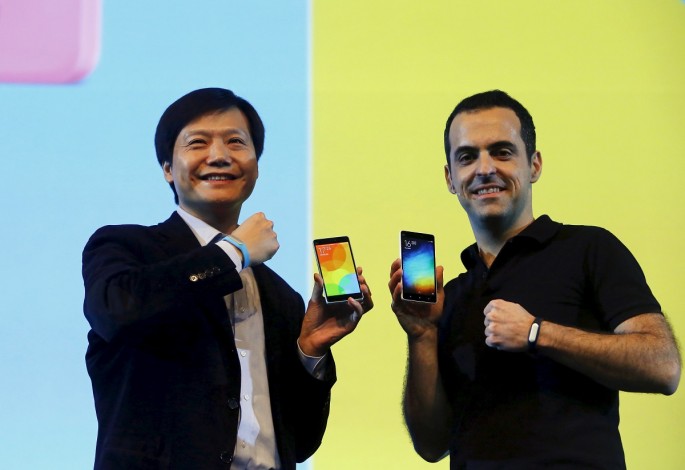Like it or not, the global language for business is English. Although this could change in the near future, and there are those who say that Mandarin may soon overtake English as the global business language due to China's growing economic pull, right now global business is still speaking English.
Being able to express yourself in English, according to Global Times contributor Liu Yan, is extremely important in the global arena, and in China more people are studying English as a second language than in any other country, with over 100,000 native English speakers actively teaching tomorrow's global leaders.
The need for English fluency got high-profile when Lei Jun, the CEO and co-founder of Chinese smartphone maker Xiaomi, spoke at a product launching ceremony in New Delhi, India. His efforts to address the crowd in English have gone viral, and gained notoriety as the Weibo meme "Are you OK?"
This was further criticized on Weibo by Wang Sicong, the son of Wang Jianlin, who is third on the Forbes Richest men in China list. Although Wang's Weibo post has since been removed, his harsh criticism of Lei's efforts have raised the question about whether global leaders without adequate English skills should humiliate themselves publicly speaking in foreign countries.
While Wang has since apologized and Lei has jokingly brushed it aside, the debacle brought back memories of another global tech leader doing the same thing in China last year.
Mark Zuckerberg, CEO of Facebook, visited China and dropped by Tsinghua University to give a speech in Mandarin. Although his accent was flawed and his sentences riddled with errors, Zuckerberg gained a lot of traction and respect from his Chinese audiance. The perception that you care enough to learn about your clients to greet them in a language they can understand is a useful way to improve your company's image.
Zuckerberg's attempts were also greeted with criticism from netizens, but the net gain he got in goodwill for his company is arguably more important than any personal embarassment from making mistakes.
While you can certainly astound with flawless English the way Jack Ma, CEO of Alibaba, dazzles audiences at his presentations, not everyone can be an English major who spent much of their talking with foreigners to practice. A lot of Chinese entrepreneurs today are a new breed of home-grown business men with little exposure to English, but with eyes set on the global market.
Does it really take English fluency to succeed in taking that market on? It might not be so. Astute readers will note how the most up-voted comment on the Weibo page featuring Lei's "Are you OK?" English speech was this:
"Having this type of courage, his success doesn't surprise me in the least."
There's a truth to that, and Lei's audience might not mistake him for ever being a native speaker, but they surely aren't going to mistake his goodwill and intentions for making business in their country, and the warm welcome the product launch received shows that people care more for the quality of the products than the quality of the CEO's English.
As Lei said, it's important for a company to reach out to its customers. "As Xiaomi is having more international fans, I should learn English well and not let people down," he said.



























